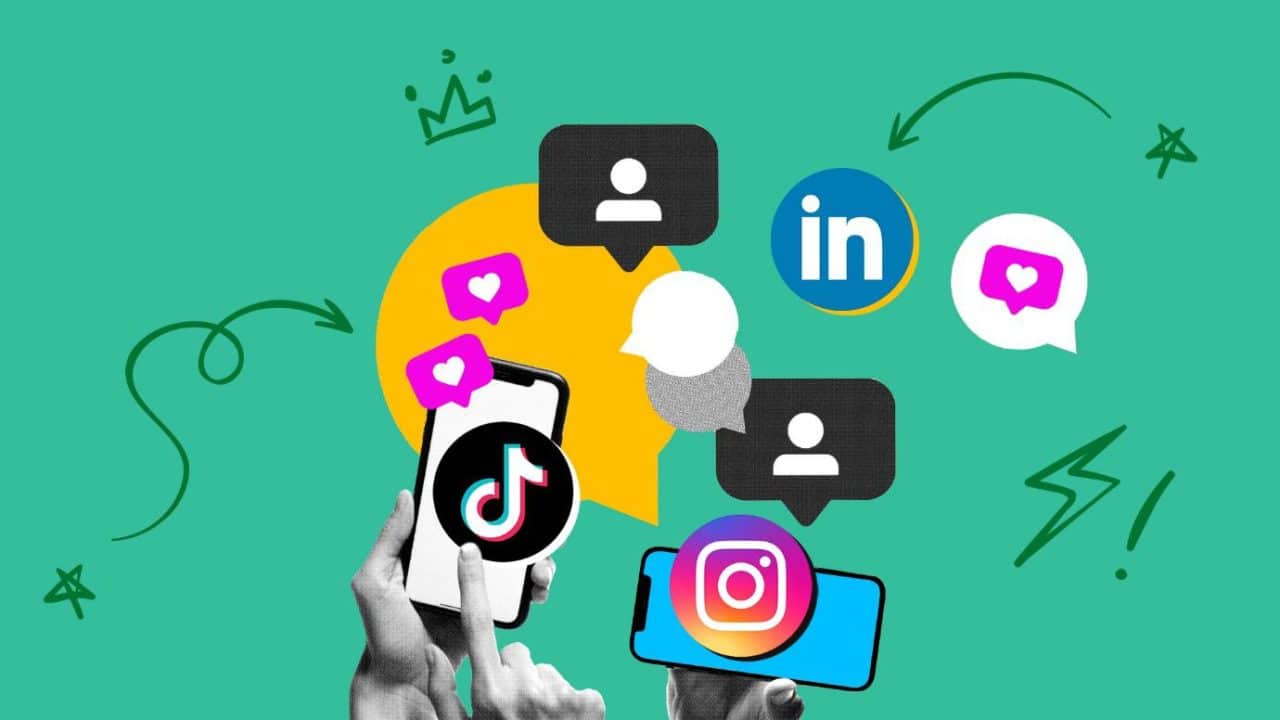
A growing number of U.S. teenagers say social media is taking a toll on their mental health and daily well-being, according to a new Pew Research Center study released April 22, 2025. Nearly half of teens ages 13 to 17 say platforms like TikTok, Instagram, and Snapchat negatively impact their peers’ mental health — up 16 percentage points since 2022.
Key findings: Teens link social media to anxiety, sleep loss, and pressure
The study, based on responses from 1,391 teens and their parents, found that:
- 45% of teens say they spend too much time on social media, up from 36% in 2022.
- 44% report trying to cut back, especially girls.
- 48% say social media has a mostly negative effect on people their age.
- Only 14% think it negatively affects them personally.
Many teens recognize the trade-offs. Nearly half say social media:
- Hurts their sleep (45%)
- Hurts their productivity (40%)
- Hurts their mental health (19%)
However, most say the impact on them is “neutral.” Just 28% view social media as mostly positive for themselves.
Girls more likely to report harm — and seek connection
Teen girls reported more mental health strain from social media than boys:
- 25% of girls vs. 14% of boys say it hurt their mental health
- 50% of girls say it hurt their sleep, compared to 40% of boys
- 20% of girls say it damaged their confidence, double the rate for boys
Girls were also more likely to say social media made them feel excluded or worse about their lives. But they were also more likely to find support and creative expression through these platforms.
Parents and teens see the problem differently
While 55% of parents said they are “extremely” or “very” concerned about teen mental health, only 35% of teens shared that level of concern. And:
- 44% of concerned parents named social media as the top negative influence
- Only 22% of teens blamed social media first — many pointed to bullying and academic pressures
The communication gap extends further: 80% of parents say they’re comfortable discussing mental health with their child, but just 52% of teens say they’re comfortable talking with their parents about it.
Teens still turn to social media for support
Despite these concerns, about one-third of teens (34%) say they sometimes use social media to find mental health information. Among them:
- 63% say it’s an important resource
- Black and Hispanic teens were more likely than white teens to say social media makes them feel supported or accepted
What this means for schools and policymakers
The findings arrive amid rising pressure on tech companies and legislators to regulate teen screen time and digital wellbeing. Several states are exploring app time limits, age restrictions, and mental health curriculum in schools. The data suggests interventions must be nuanced — recognizing both the risks and the benefits of online connection.

